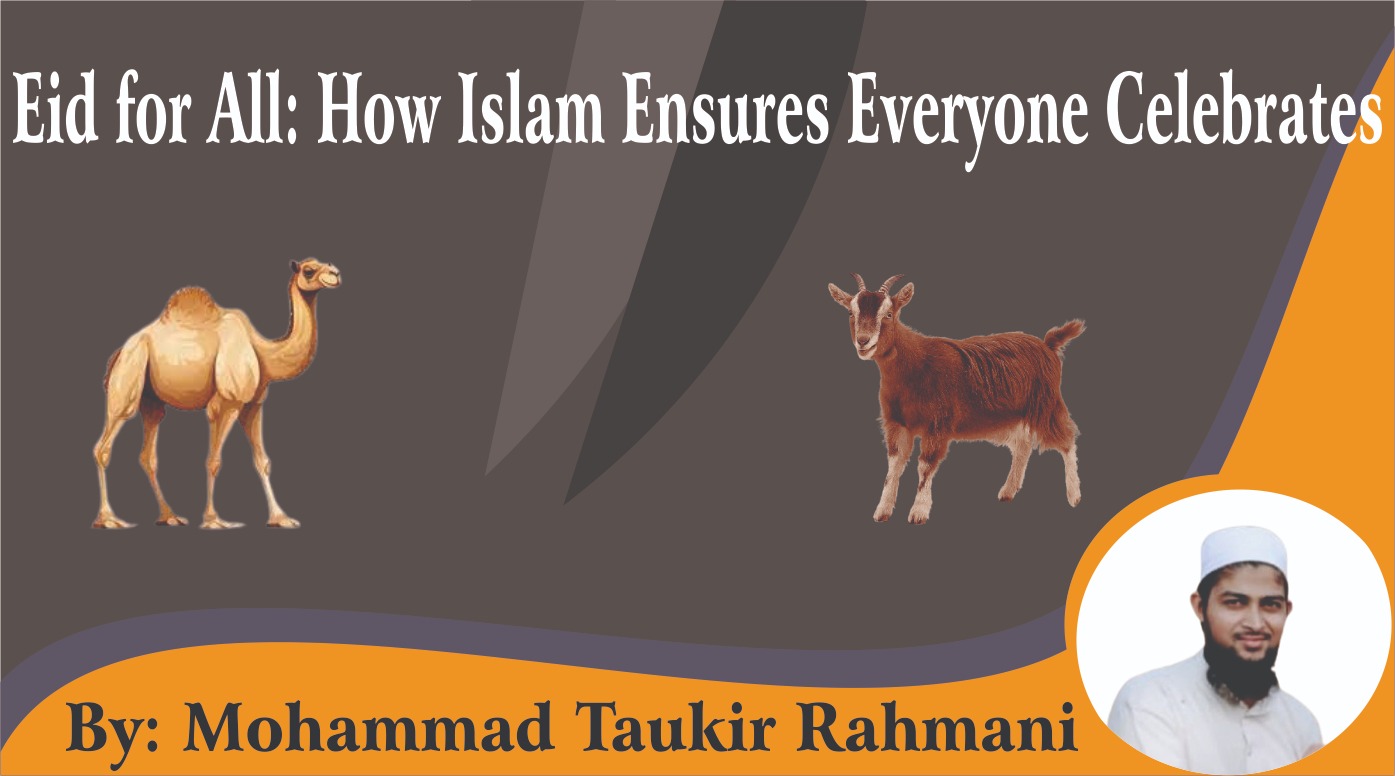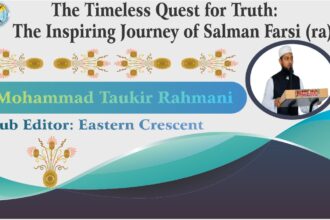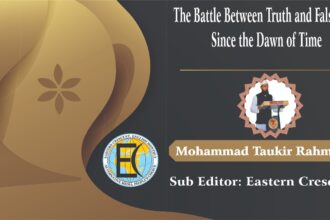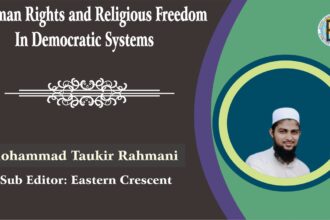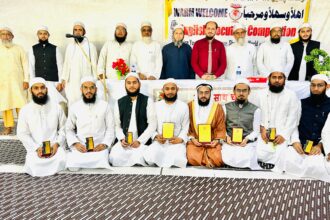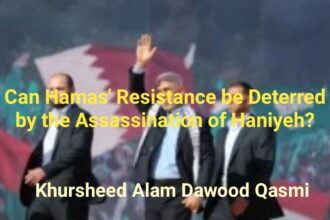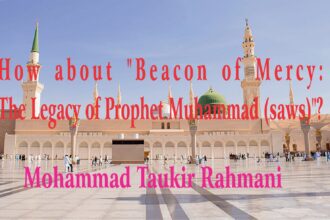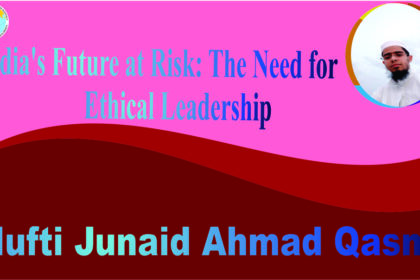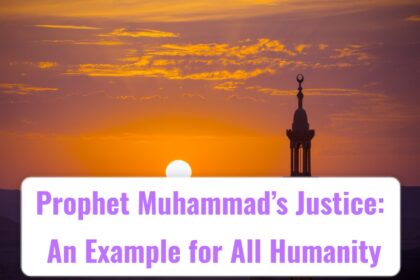Eid for All: How Islam Ensures Everyone Celebrates
By: Mohammad Taukir Rahmani
EC Exclusive
Islam is a universal religion that embraces all people, regardless of their social or economic status. One of its profound teachings is the concept of sacrifice, which signifies the act of offering something beloved to the will of Allah. This tradition finds its roots in the tradition of Prophet Ibrahim (as), who was ready to sacrifice his most cherished son, Ismail (Ishmael), in complete obedience to Allah’s command.
The essence of Islam lies in surrendering and submitting to the will of the Lord Almighty. When a Muslim performs a sacrifice, they are not merely partaking in a ritual; they are demonstrating their devotion and willingness to submit wholly to Allah’s will. This act of obedience reflects the core of what it means to be a Muslim: to follow the path laid out by Allah (swt) with trust and humility.
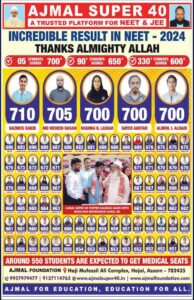
There are two significant Islamic festivals celebrated annually: Eidul Fitr and Eidul Adha. Muslims celebrate these joyous occasions by performing a special two rak’ah obligatory Salah, though the nature of the celebration differs for each festival.
Eidul Fitr marks the end of a month-long fast following Ramadhan. Muslims express their gratitude for Allah’s blessings by performing two rak’ah special Salah, celebrating the completion of their fasting and the spiritual growth achieved during the holy month.
Eidul Adha, on the other hand, is associated with the Hajj – one of the five pillars of Islam. Those who are able to perform Hajj commemorate this festival by undertaking the pilgrimage. Additionally, Eidul Adha involves the ritual sacrifice (Qurbani) of an animal, a practice that recalls the willingness of Prophet Ibrahim (as) to sacrifice his beloved son in obedience to Allah’s command. Even those who do not perform Hajj or have already done it, participate in this act of sacrifice, following the sunnah (tradition) of Prophet Ibrahim and embodying the spirit of submission and devotion to Allah.
After closely observing and examining all religions, we can confidently and proudly assert that Islam uniquely emphasizes caring for the poor during festivals and throughout life. It mandates that the wealthy ones support the less fortunate ones through various means, such as zakat, fitrah, and the distribution of sacrificial meat during Eid al-Adha.
During Eid al-Fitr, it is obligatory for the wealthy to give fitrah to the poor, ensuring that everyone can participate in the celebrations and rituals. Similarly, during Eid al-Adha, a portion of the sacrificed animal’s meat must be allocated to the poor. If one fails to do this, the sacrifice is not accepted. This festival also provides significant employment opportunities for the poor, allowing them to earn a livelihood and share in the festive happiness. Workers can earn money by managing fodder for the animals, and the leather industry benefits from the influx of raw materials, creating further employment. Transport sector also avails increased earnings during this period, and it even positively impacts the revenue department of all countries.
Moreover, some individuals argue that the money spent on Hajj should be used to help the poor. However, this viewpoint overlooks the spiritual and human benefits of Hajj. Those who perform Hajj often sacrifice animals, and the meat from these sacrifices is distributed to needy communities worldwide. Thus, Hajj is not a waste of money but an act of surrendering to Allah’s will and a means of aiding the impoverished.
Upon an honest and comprehensive examination of these practices, one can see the profound emphasis Islam places on supporting the poor. This understanding may lead individuals to appreciate and embrace the teachings of Islam.
So, when we look at these practices together, a clear message emerges: Islam places immense importance on caring for the less fortunate. It’s a beautiful expression of faith, reminding us that true joy comes from sharing our blessings with others.

